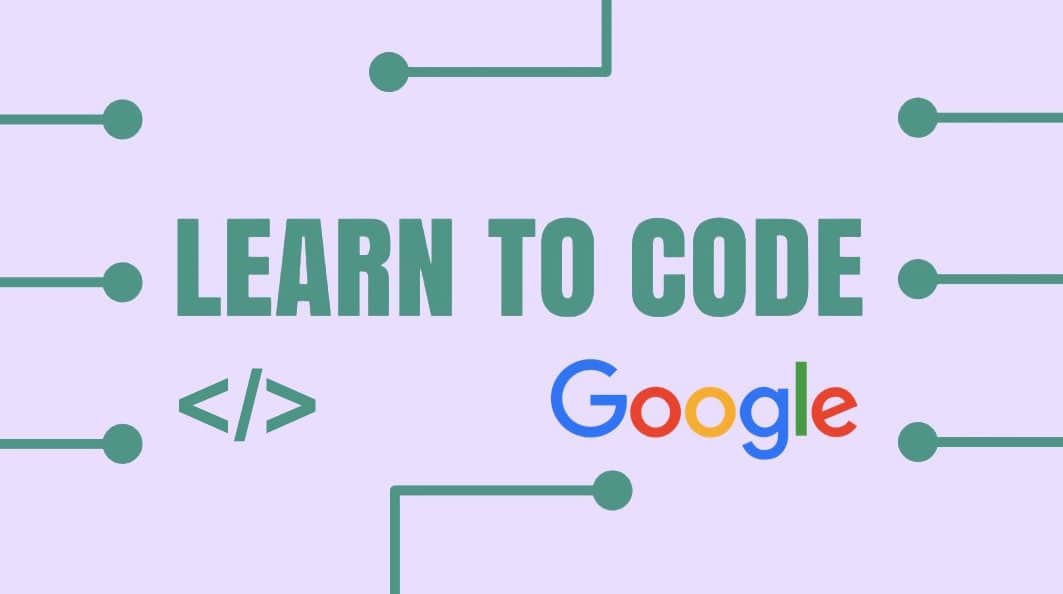Let me start this blog with a little example. Assume, Sachin have a leak in a water pipe in his garden. He takes a bucket and a some sealing material to fix the problem. After a while, he see s that the leak is much bigger that and he needs a specialist to bring bigger tools. Meanwhile, he still uses the bucket to drain the water. After a while, he notices that a massive underground stream has opened and he needs to handle millions of liters of water every second.
He does n't just need new buckets, but a completely new approach to looking at the problem just because the volume and velocity of water has grown. To prevent the town from flooding, maybe he needs his government to build a massive dam that requires an enormous civil engineering expertise and an elaborate control system. To make things worse, everywhere water is gushing out from nowhere and everyone is scared with the variety.
Welcome to Big Data.
Data is collected from various sources such as Content management system, software application and then transferred to relational database management systems such as mssql,postgresql etc.
In order to analyse these data which are being collected , ETL part is done using a single machine most of the times and the necessary data is being transfered to some of the OLAP data warehouses for analyzing data. The data which is analysed finally is archived data which is not live/real time data. Which in terms refered as Death of data. Data which is finally analysed is only 10%.
He does n't just need new buckets, but a completely new approach to looking at the problem just because the volume and velocity of water has grown. To prevent the town from flooding, maybe he needs his government to build a massive dam that requires an enormous civil engineering expertise and an elaborate control system. To make things worse, everywhere water is gushing out from nowhere and everyone is scared with the variety.
Welcome to Big Data.
Key elements of Big Data:
- There are over 600 million tweets every day that is flowing every second which tells about the High Volume & Velocity
- Next need to understand what each tweet means - where is it from, what kind of a person is tweeting, is it trustworthy or not which tells about the High Variety
- Identify the sentiment - is this person talking negative about iPhone or positive? which describes about the High Complexity
- And finally need to have a way to quantify the sentiment and track it in real time which tells about High Variability
Data is collected from various sources such as Content management system, software application and then transferred to relational database management systems such as mssql,postgresql etc.
In order to analyse these data which are being collected , ETL part is done using a single machine most of the times and the necessary data is being transfered to some of the OLAP data warehouses for analyzing data. The data which is analysed finally is archived data which is not live/real time data. Which in terms refered as Death of data. Data which is finally analysed is only 10%.
Big Data, is massive data that cannot be stored and processed by a single machine. Having understood the basics of Big Data, it is important to learn how it can prove helpful in enhancing business opportunities. Given the massive volume of Big Data, it is logical that only some of it would be of extreme importance. It is this small percentage of data which when analyzed and used in the right manner can prove quite advantageous for promoting business online.
A modern Architecture:
I have transformed the above architecture inorder to support large volume of data with the modern tools and technologies, A Modern BI architecture will be cooked by using the recipe as below:


